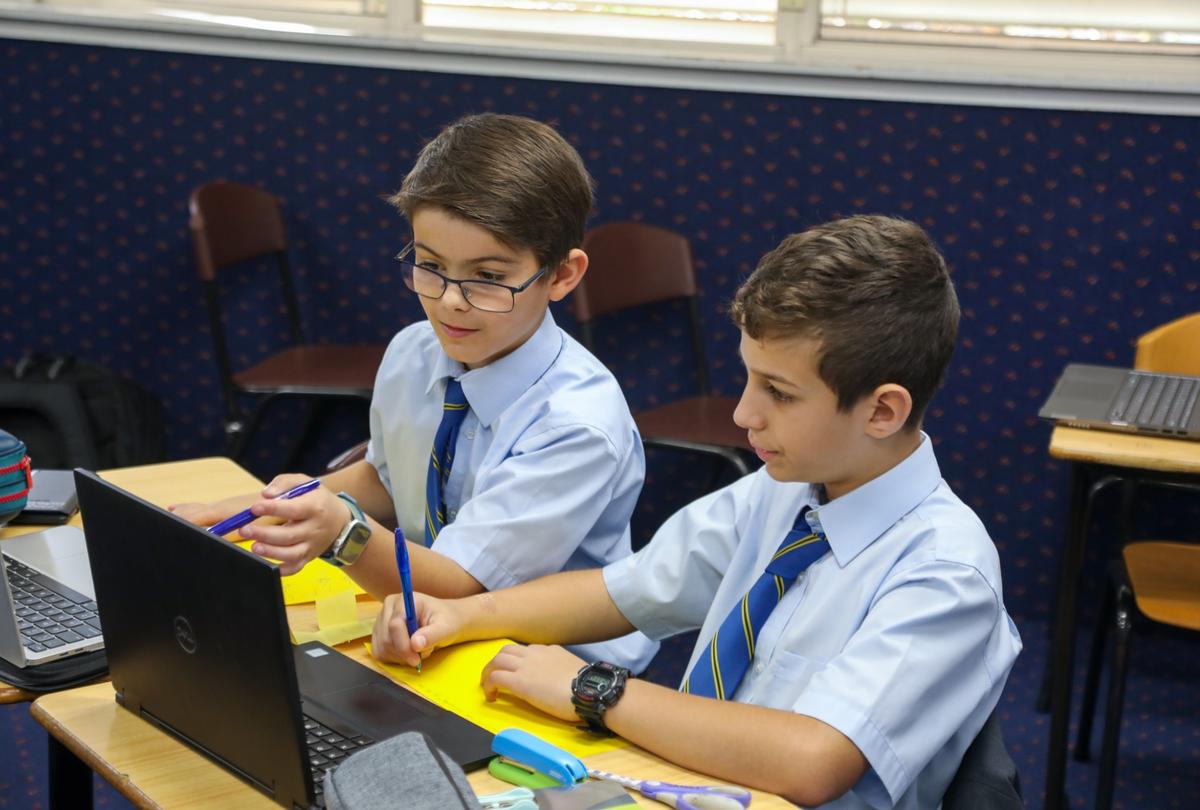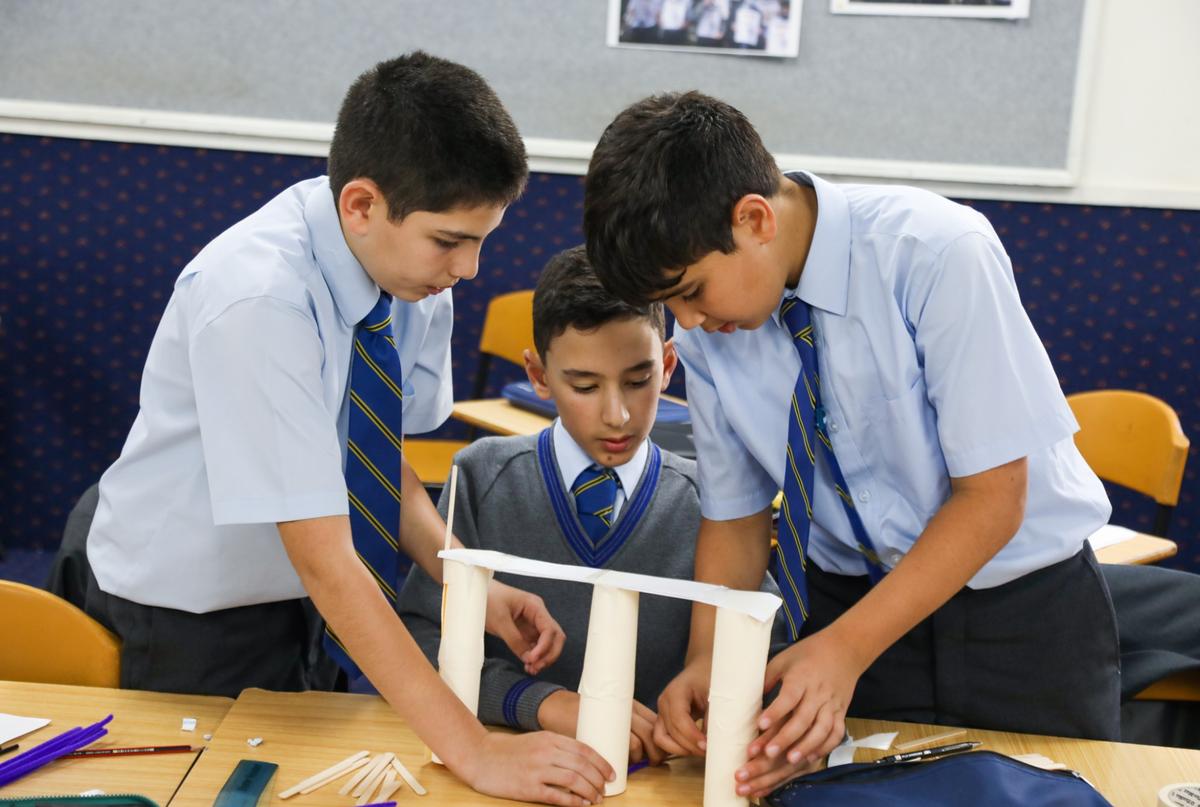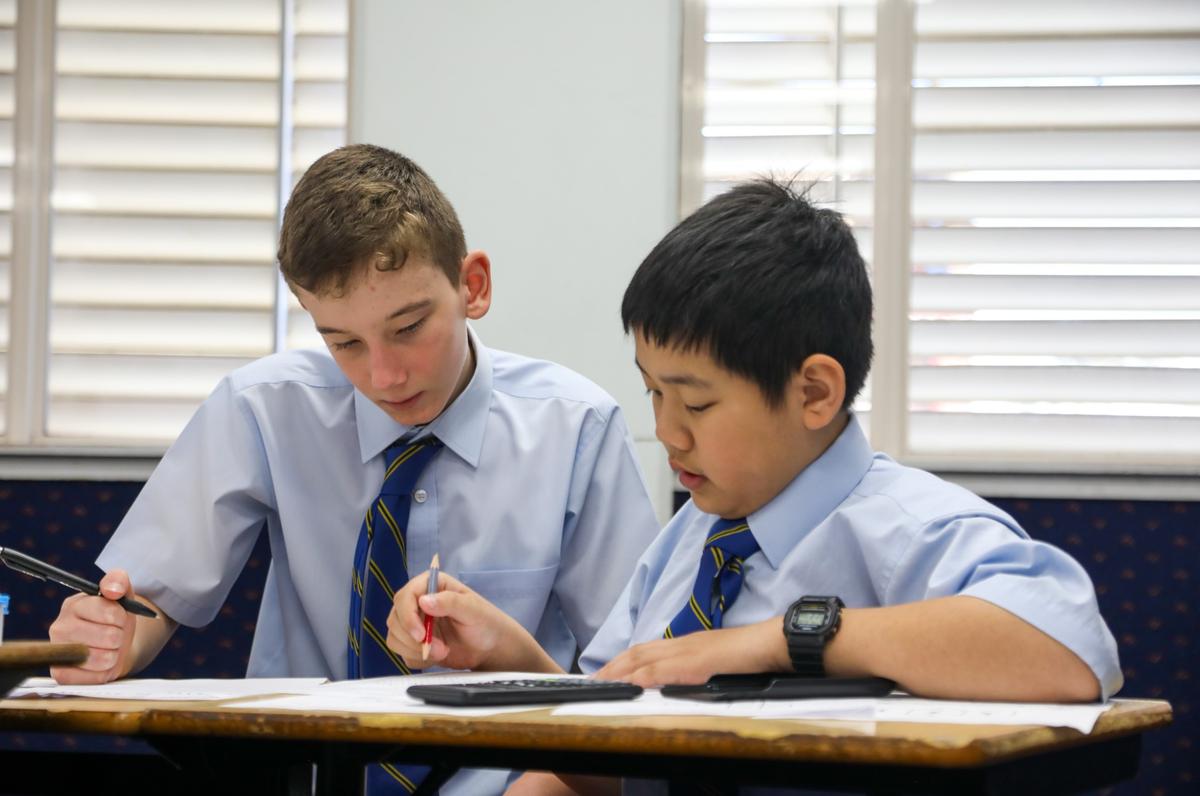Junior School

‘Avoiding the Magically Appearing Carrot’
Dr Judith Locke is a well-known psychologist and author of a number of books on parenting school children of all ages. Currently, we live in a time where there is so much judgement from others, so many pitfalls to stumble into, and so many challenges, particularly with the abundance of social media. One concept Dr Locke explores is that of ‘Avoiding the Magically Appearing Carrot’. Dr Locke describes the magically appearing carrot as the words that come out of our mouths as parents when we’re at our wits’ end, trying to get our children to do what we want them to do. If you do ‘x’, then you can have ‘y’. I know I’ve certainly fallen into this trap myself many times! Dr Locke’s message is that it does work…momentarily. However, once you’ve started giving magically appearing carrots, you’re destined to need to continue to give them, and even to up the ante, in terms of the size of the carrot! At first, it might just be an ice cream or chocolate, but before too long, some parents/carers begin to promise more elaborate gifts or even holiday trips!
Instead of offering magically appearing carrots, Dr Locke encourages parents/carers to give clear instructions, with clear consequences for non-compliance. Appropriate consequences, rather than carrots, are an important tool in reinforcing the general expectations we should all have of our children and their behaviour. Another area of relevance to families is the use of screens in the car and the opportunity a simple car trip provides parents/carers to work on social skills with their children. Dr Locke writes about the importance of two-way conversations and how the car trip to and from school gives parents/carers a unique opportunity to practise this with their children.
If you’ve not read Dr Locke’s books, I can highly recommend them to you. They include The Bonsai Child and The Bonsai Student. These books provide practical strategies to assist families with a variety of complex issues that many parents/carers face regarding their children. I would recommend starting with the first and graduating to the next. You will likely read some things that you find confronting! Yet, instead of discounting her suggestions as unreasonable, I would suggest that we use them as cause for reflection. After all, our ultimate aim as parents and carers is to grow capable, independent adults.
Good Manners
The vein of ‘kindness’ runs through every interaction we promote in the Junior School and good manners are certainly a large part of this. Good manners are a way of showing others that you care about them. They also help in making another person feel comfortable in social situations. Pier Massimo Forni was a professor at Johns Hopkins University and an author of several books, including his 2002 best-seller Choosing Civility: The Twenty-Five Rules of Considerate Conduct.
In this text, he discusses his analogy of manners as traffic lights for life. Just as traffic lights turn a world full of cars into an orderly system, so do manners in helping to make human interaction orderly. Forni writes that “they make it so we don’t crash into one another in everyday behaviour.”
Manners have changed and evolved, but their purpose remains the same: making other people feel appreciated and respected. This builds relationships and ultimately develops friendships. As a staff, we will continue to support our boys in displaying manners that show appreciation and respect for those around them. One simple area that is easy to focus on is starting a conversation with a greeting instead of a statement or a question. I encourage all our Junior School families to continue promoting the importance of displaying good manners in the everyday encounters our boys have, both within and outside of the College environment.
As always, if you have any queries or concerns, please do not hesitate to contact me via email (glenn.stephenson@spc.nsw.edu.au) or phone (8705 9247) and I will endeavour to assist you in any way that I can.
May God bless you,
Glenn Stephenson
Director of Junior School
Da Vinci Decathlon
On Thursday 26 May, 16 students from Years 5 and 6 participated in the Da Vinci Decathlon. In teams of eight, students competed across 10 disciplines: engineering, mathematics, code breaking, art and poetry, science, english, ideation, creative producers, cartography and legacy. The Decathlon is designed to celebrate the academic gifts of Australian youth by providing a stimulating and challenging competition run in the spirit of an Olympic Decathlon. Typically held on site at Knox Grammar School, restrictions once again saw us participate in the challenges virtually. I would like to thank Ms Mazoudier, Ms Viney and Miss Osorio Narvaez for selecting and preparing the following boys for this exciting challenge:
| Year 5 | Year 6 |
| Maximilian Catalano | Baille Brogden |
| Luca Gangi | Alexander Dabit |
| Andre Grasso | Alexander Dang |
| Marcus Gregory | Miguel De Nobrega |
| Tomas Kelava | Raul Kandiah |
| Luca Madejski | Luca Ortado |
| Nicholas Quaratiello | Nathan Touma |
| Elijah Saoud | Will Taylor |
Sarah Tatola
Learning Support and Enrichment Coordinator



